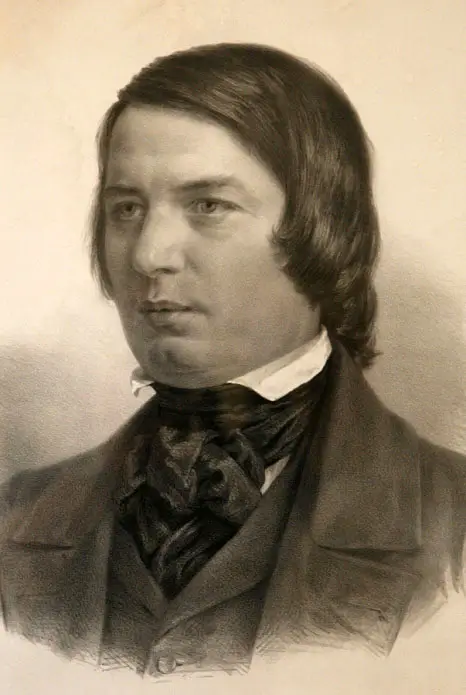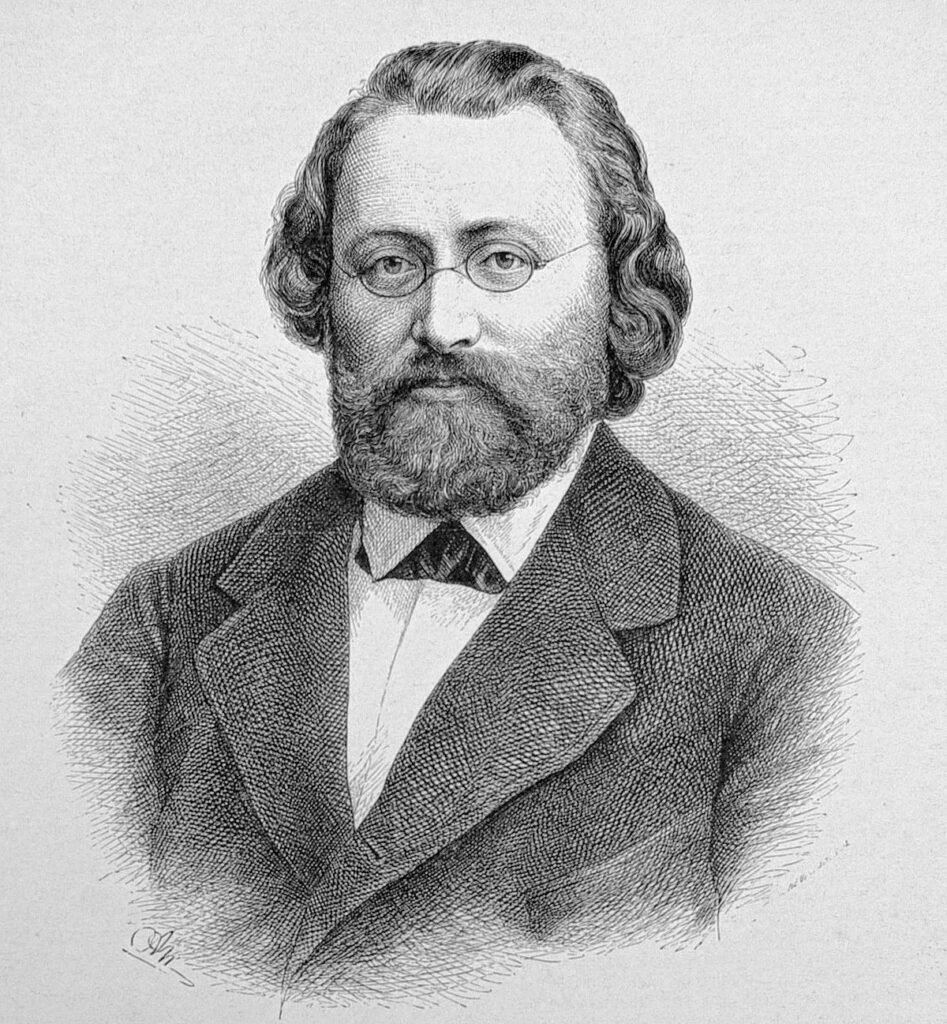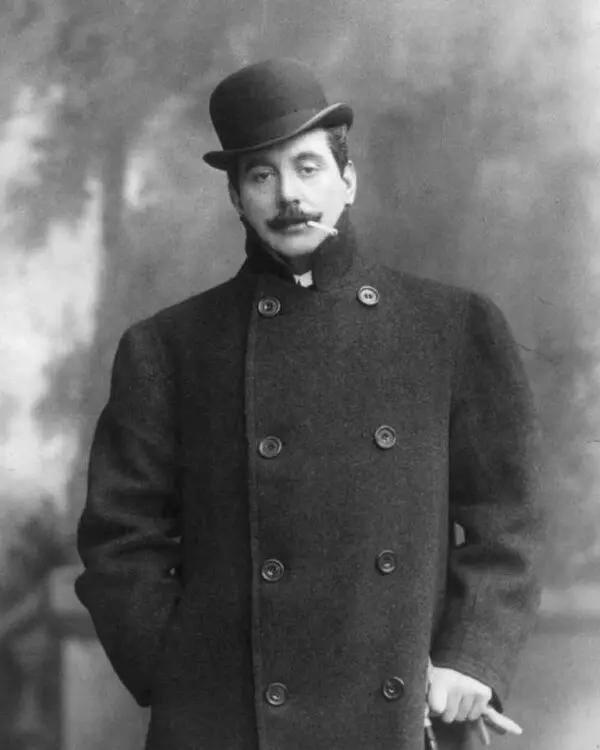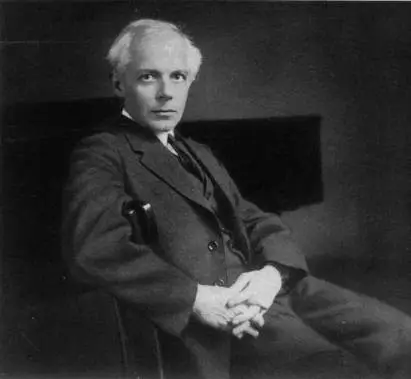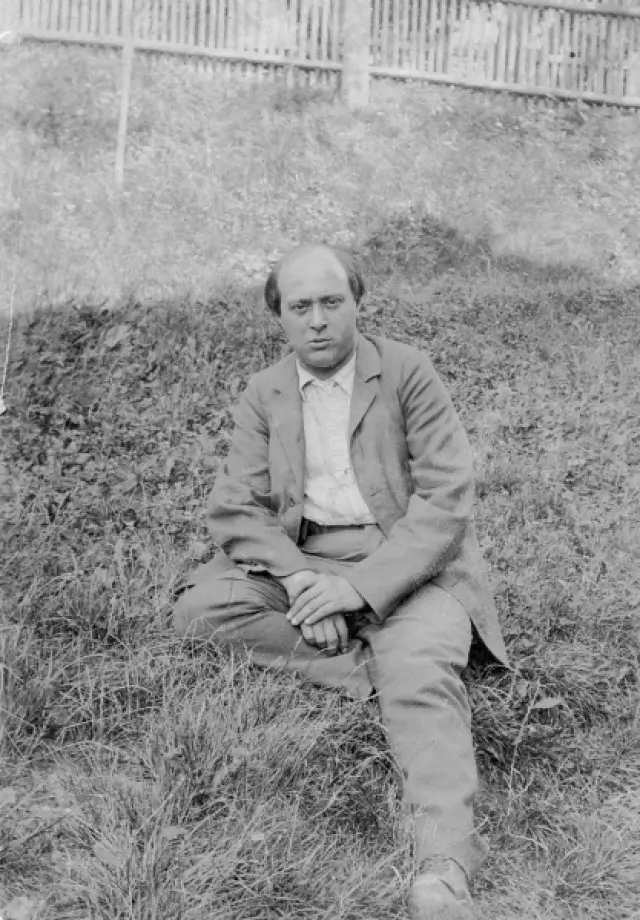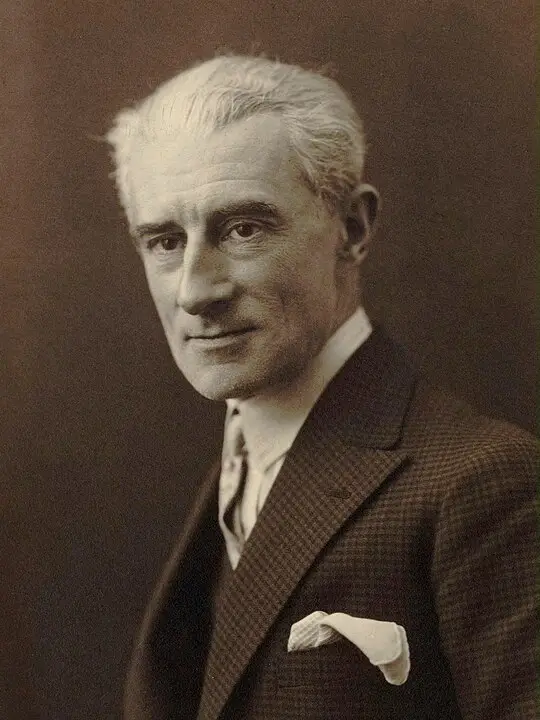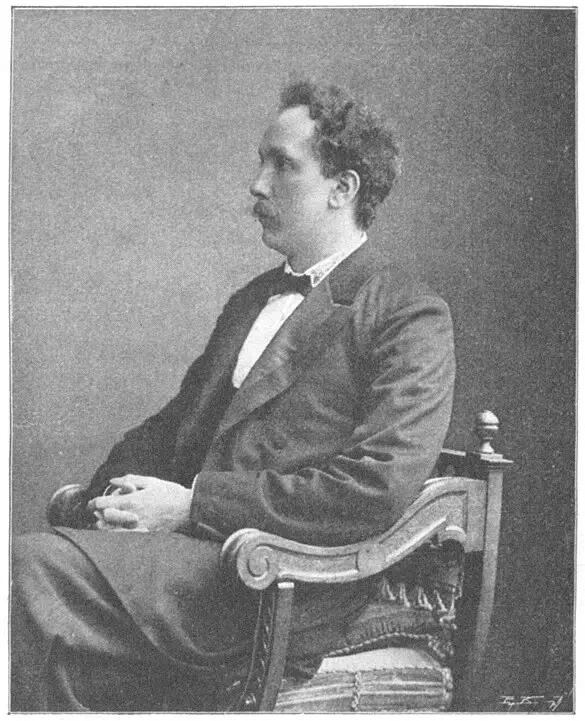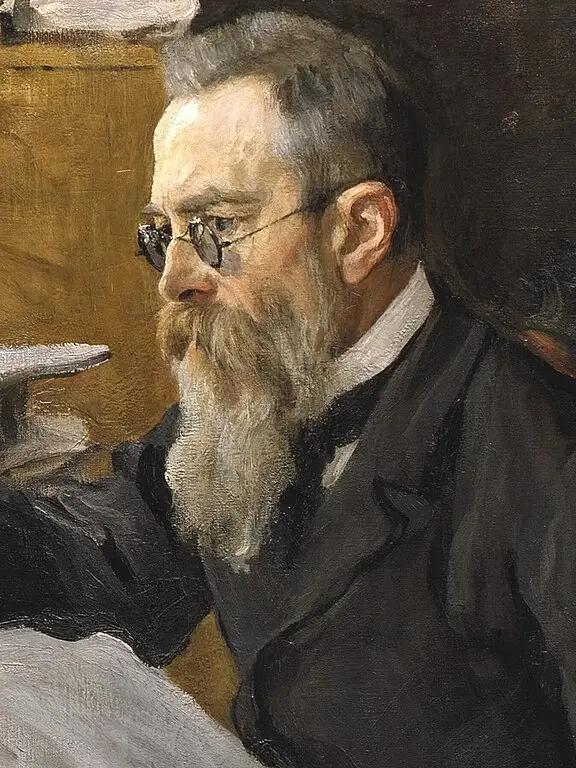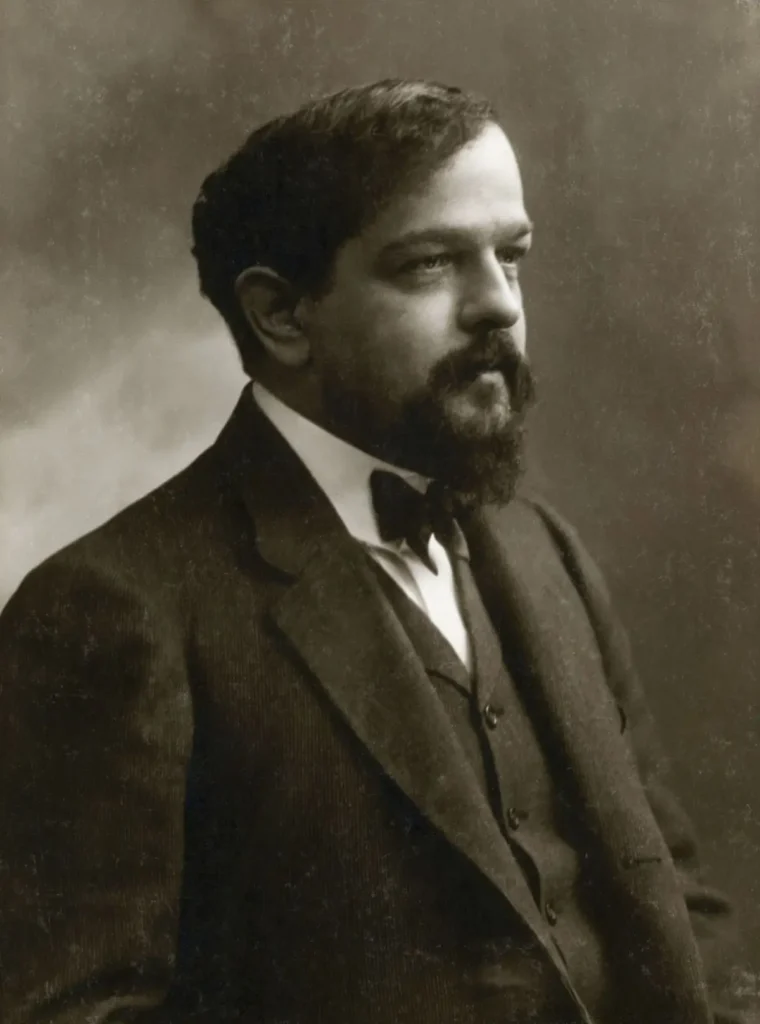Introduction
Robert Schumann, born on June 8, 1810, in Zwickau, Saxony, remains one of the most profound and enigmatic figures in classical music. His compositions, marked by deep emotional expressiveness and innovative musical thought, have left an indelible mark on the Romantic era of music. Schumann’s life, filled with both creative triumphs and tragic struggles, mirrors the intense passion and melancholy that characterize his works. This article delves into Schumann’s life, exploring his early years, musical development, major works, relationships with other composers, personal philosophy, and his impact on the cultural life of his time, concluding with his death and enduring legacy.
Early Life
Robert Schumann was the youngest of five children. His father, August Schumann, was a bookseller and publisher, which provided the young Schumann with access to a wealth of literature, fostering an early love for both music and literature. His mother, Johanna Christiane Schnabel, was also a significant influence, though more focused on ensuring her son had a practical career. The early death of his sister, as well as his father, profoundly affected Schumann, embedding a deep sense of melancholy in his young psyche.
Schumann’s education began in Zwickau, where he attended the local school. His exposure to literature and music was vast, thanks to his father’s business. He quickly showed a keen interest in piano, and by the age of seven, he was already composing small pieces. Despite his natural inclination towards music, his family envisioned a legal career for him, a common practical trajectory for a middle-class family in 19th-century Germany.
Musical Training and Development
At the age of 18, Schumann left Zwickau for Leipzig to study law at the university. However, his passion for music soon led him to abandon his legal studies. He began taking piano lessons with Friedrich Wieck, a well-respected teacher whose daughter, Clara Wieck, would later become Schumann’s wife and an important collaborator. Under Wieck’s tutelage, Schumann developed a solid technical foundation and was exposed to a broader musical repertoire.
Schumann’s aspirations to become a virtuoso pianist were dashed due to a hand injury, believed to be caused by a device designed to strengthen his fingers. This setback redirected his energies towards composition and music criticism. He founded the “Neue Zeitschrift für Musik” (New Journal for Music), a periodical through which he expressed his musical ideas and critiques, advocating for the “music of the future” and often critiquing the popular yet what he considered superficial music of his time.
Major Works and Compositions
Schumann’s oeuvre is vast and varied, encompassing piano, orchestral music, lieder (songs), and chamber works. His piano compositions, such as “Carnaval” and “Kinderszenen,” are celebrated for their lyrical qualities and rich character sketches. These pieces often feature intricate counterpoints and a deep exploration of the piano’s emotional range.
His four symphonies also stand as monumental contributions to the genre, with the “Rhenish” Symphony being particularly notable for its majestic and innovative structure. Schumann’s lieder, including the song cycle “Dichterliebe,” based on the poems of Heinrich Heine, are pivotal in the development of German art song, offering a nuanced synthesis of poetry and music that explores themes of love, nature, and loss.
Connections to Other Composers
Schumann was deeply embedded in the musical life of his time and had significant relationships with many key figures. His marriage to Clara Wieck, herself a prodigious pianist and composer, was central to his life and work. Clara was not only a primary interpreter of his music but also a profound influence on his compositions.
His friendships with Felix Mendelssohn and Johannes Brahms were also crucial. Mendelssohn provided Schumann with support and encouragement, while Schumann was one of the first to recognize Brahms’s genius, famously heralding him as a successor to Beethoven. His relationship with Chopin was more complex, admiring his compositions but sometimes critiquing them for their perceived lack of emotional depth.
Character and Philosophy
Schumann’s character and philosophical outlook were marked by deep introspection and a constant struggle with mental health issues, which would eventually lead to his demise. He often expressed a dichotomy in his personality, which he named Florestan and Eusebius, representing his outgoing, stormy side and his introspective, dreamy side, respectively. This duality is evident in his music, which oscillates between exuberant joy and profound despair.
His philosophical leanings were heavily influenced by the German Romantic movement, valuing emotion and individualism over the rationalism of the Enlightenment. Schumann believed that music was a direct expression of the soul and that through music, one could express the inexpressible. His writings and compositions reflect this belief, emphasizing emotion as the essence of music.
Life in Leipzig, Dresden, and Düsseldorf
Schumann spent significant periods of his life in Leipzig, Dresden, and Düsseldorf. Each city left its mark on his compositions and personal life. Leipzig was a vibrant cultural hub where Schumann was deeply involved in the musical community, founding his journal and interacting with other composers. His time in Dresden was marked by a struggle with depression, yet it was also a productive period compositionally.
In Düsseldorf, Schumann’s final public position as a municipal music director was fraught with difficulties, yet it also provided him with new musical opportunities. These cities, with their rich musical traditions and supportive environments, played crucial roles in his development as a composer and public figure.
Death and Legacy
Schumann’s health deteriorated in the 1850s, culminating in an attempted suicide in 1854. He was subsequently admitted to a sanatorium in Endenich, where he died on July 29, 1856. His death marked the end of a tumultuous life but also the beginning of his enduring legacy.
Schumann’s influence on subsequent generations of composers is profound. His emphasis on emotion and individuality paved the way for later Romantic composers. His works continue to be performed widely, and his ideas about music and aesthetics continue to influence musicians and scholars.
Schumann’s life and work were a testament to the power of music to express the deepest human emotions. His legacy is not only in his compositions but also in his approach to music as a profound, expressive art form.

